Contents
Page List
Guide
DON QUIXOTE AND CATHOLICISM
Purdue Studies in Romance Literatures
Editorial Board
igo Snchez Llama, Series Editors
Elena Coda
Paul B. Dixon
Patricia Hart
Howard Mancing, Consulting Editor
Floyd Merrell, Consulting Editor
Joyce L. Detzner, Production Editor
Deborah Houk Schocket
Gwen Kirkpatrick
Allen G. Wood
Associate Editors
French
Jeanette Beer
Paul Benhamou
Willard Bohn
Thomas Broden
Gerard J. Brault
Mary Ann Caws
Glyn P. Norton
Allan H. Pasco
Gerald Prince
Roseann Runte
Ursula Tidd
Italian
Fiora A. Bassanese
Peter Carravetta
Benjamin Lawton
Franco Masciandaro
Anthony Julian Tamburri
Luso-Brazilian
Fred M. Clark
Marta Peixoto
Ricardo da Silveira Lobo Sternberg
Spanish and Spanish American
Catherine Connor
Ivy A. Corfis
Frederick A. de Armas
Edward Friedman
Charles Ganelin
David T. Gies
Roberto Gonzlez Echevarra
David K. Herzberger
Emily Hicks
Djelal Kadir
Amy Kaminsky
Lucille Kerr
Howard Mancing
Floyd Merrell
Alberto Moreiras
Randolph D. Pope
Elbieta Skodowska
Marcia Stephenson
Mario Valds
DON QUIXOTE AND CATHOLICISM
Rereading Cervantine Spirituality
Michael J. McGrath
Purdue University Press
West Lafayette, Indiana
Copyright
Copyright 2020 by Purdue University. All rights reserved.
 The paper used in this book meets the minimum requirements of American National Standard for Information SciencesPermanence of Paper for Printed Library Materials, ANSI Z39.48-1992.
The paper used in this book meets the minimum requirements of American National Standard for Information SciencesPermanence of Paper for Printed Library Materials, ANSI Z39.48-1992.
Printed in the United States of America
Template for interior design by Anita Noble;
template for cover by Heidi Branham.
Cover image:
Allegory of the Battle of Lepanto (1572)
Paolo Veronese (152888)
Wikipedia Commons
Cataloging-in-Publication Data on file at the Library of Congress
Paperback ISBN: 978-1-55753-899-4
ePub ISBN: 978-1-55753-900-7
ePDF ISBN: 978-1-55753-901-4
Dedication
This book is dedicated with much love to
my mother Virginia McGrath,
to my brother Kevin,
and the memory of my father David T. McGrath.
Contents
Acknowledgments
When I first read Don Quixote as an undergraduate student at Georgia Southern University, I had no idea that it would become as large a part of my life as it is now. While I was an M.A. student at Middlebury College and a Ph.D. student at the University of Kentucky, I had the opportunity to study Don Quixote under the guidance of two of the most influential scholars of the novel: Dr. Alberto Snchez (Middlebury College) and Dr. John Jay Allen (University of Kentucky). Alberto and Jay ignited my passion for Don Quixote and Miguel de Cervantes. On a more personal note, their intellectual acumen was only surpassed by their kindness as human beings.
When I was elected to serve on the Executive Board of the Cervantes Society of America (CSA), I had the opportunity to present my research at the Societys annual Cervantes symposium. Earlier versions of the material in this book were subject to the scrutiny of the attendees and presenters, whose knowledge of the novel, Golden Age Spain, and literature in general inspired me to consider Don Quixote from new perspectives. I am grateful for their comments, questions, and encouragement. In addition, I am thankful for the reports I received from the anonymous readers of my manuscript. Many thanks, as well, to Joyce Detzner, who is the Production Editor for the Purdue Studies in Romance Literatures series, for her support and guidance.
I wish to acknowledge with gratitude the semester sabbatical Georgia Southern University granted me to conduct research for this book. I would also like to thank Antonio Cortijo, editor of ehumanista, and the editors of Iberoamericana Vervuert Publishing for permission to reprint material from the chapters titled Don Quixote and Moral Theology: What a Knight and His Squire Can Teach Us About Cervantess Catholicism and From La Mancha to Manresa: Sancho Panzas Incarnational Spirituality.
As my life unfolded before my eyes, the word quixotic was no longer an abstract literary term. It had become a guiding principle of my life. Consequently, I began to view personal experiences, accomplishments, and failures through the lens of Miguel de Cervantess masterpiece Don Quixote. It is a novel that transcends time and space because, as I soon discovered, it is a blueprint for humanity. I am grateful to the many people in my life whose friendship always inspires me to dream the impossible dream.
Introduction
In this study I offer an interpretation of Don Quixote that is often readily dismissed. Four hundred years since its publication, Miguel de Cervantess masterpiece continues to inspire and to challenge the reader. How to interpret a novel like Don Quixote, however, presents a formidable challenge because one aspect of its genius is its interpretative malleability. Hispanist Michael Gerli compares reading Don Quixote to peeling an onion: one laughs and cries and is astonished as one advances from the dry exterior mantle and discovers multiple translucent layers of rich discourse built one upon anotherall of them genetically connected, yet all separate, all distinct, and all with their own bite and texture. All of Cervantess texts, it seems, point to multiple references as they produce and multiply resonances and significationsconfirm, deny, or equivocate (Gerli 34). British author Sarah Fielding, in the novel The Cry (1754), warns the reader not to limit his or her interpretation of the novel only to the knights amusing adventures:
To travel through a whole work only to laugh at the chief companion allotted us, is an insupportable burthen. And we should imagine that the reading of that incomparable piece of humor left us by Cervantes, can give but little pleasure to those persons who can extract no other entertainment or emolument from it than laughing at Don Quixotes reveries, and sympathizing in the malicious joy [of his tormentors] That strong and beautiful representation of human nature, exhibited in Don Quixotes madness in one point, and extraordinary good sense in every other, is indeed very much thrown away on such readers as consider him only as the object of their mirth. (qtd. in Gerli 13)
Cervantess writing style, often described as writing between the lines, a technique writers utilize to avoid persecution because of their heterodox ideology, challenges the reader to consider more than what appears on the page. Political philosopher Leo Strauss describes this style of writing as a peculiar type of literature, in which the truth about all crucial things is presented exclusively between the lines (25). Naturally, the irony and ambiguity of this style of expression engenders in each reader a subjective interpretation. This process is further complicated, however, if the authors writing style is purposefully ambiguous, as is Cervantess in

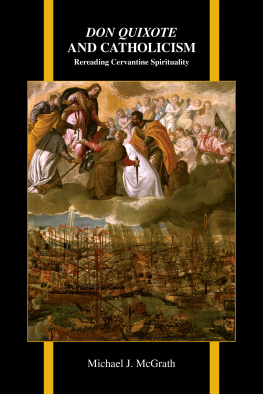
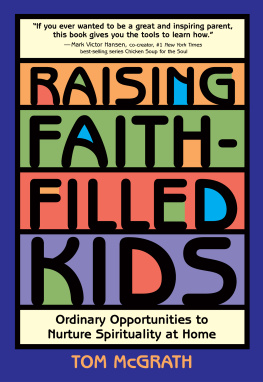
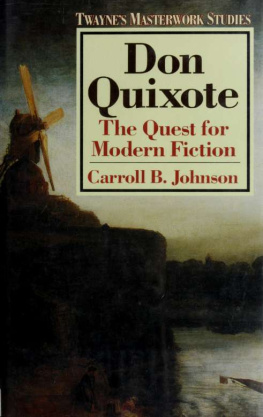


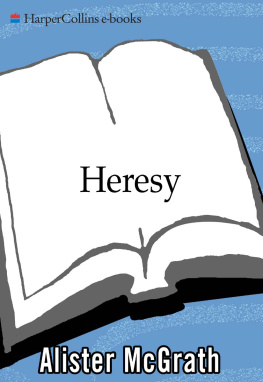
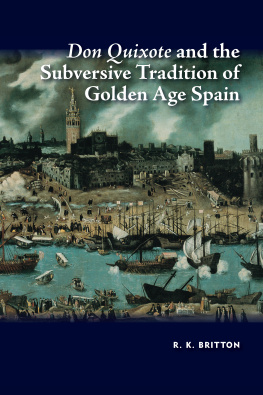
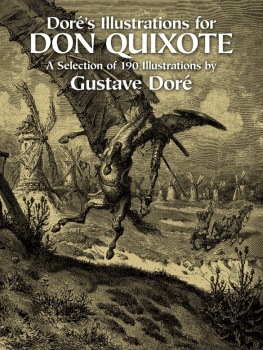
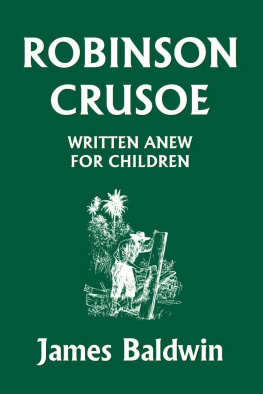



 The paper used in this book meets the minimum requirements of American National Standard for Information SciencesPermanence of Paper for Printed Library Materials, ANSI Z39.48-1992.
The paper used in this book meets the minimum requirements of American National Standard for Information SciencesPermanence of Paper for Printed Library Materials, ANSI Z39.48-1992.